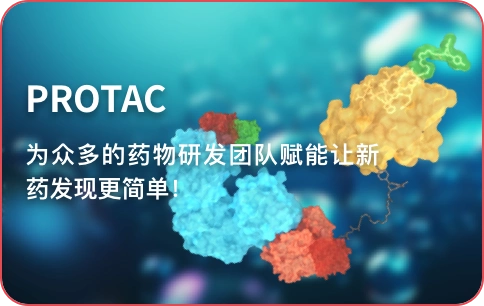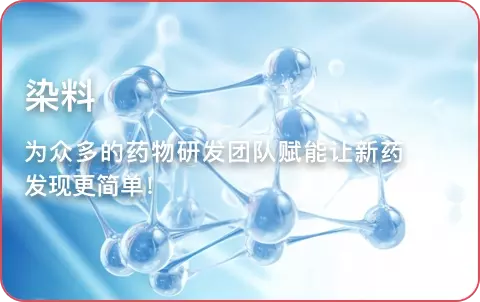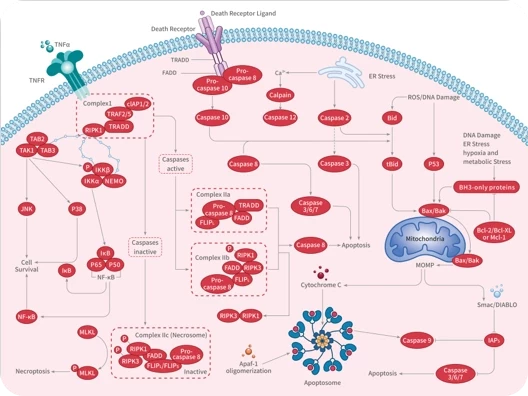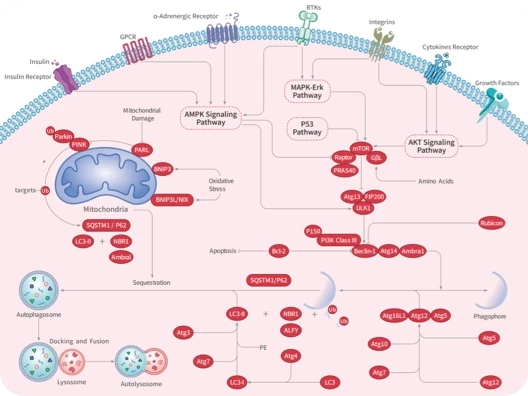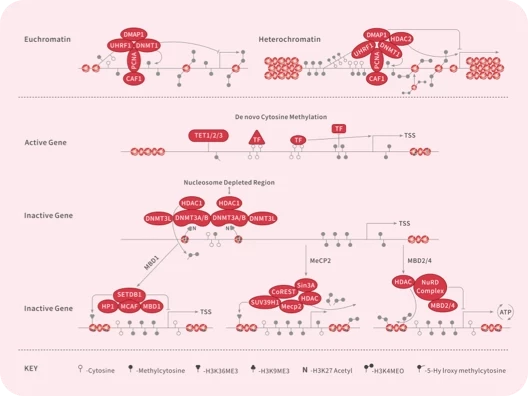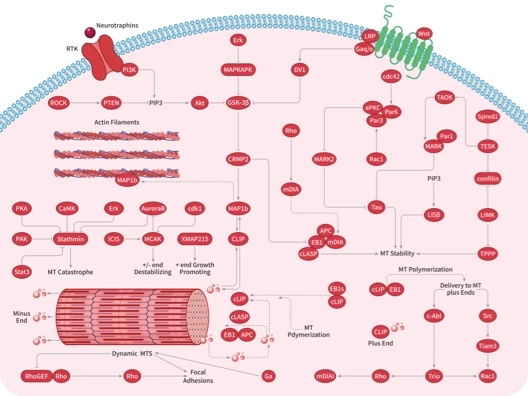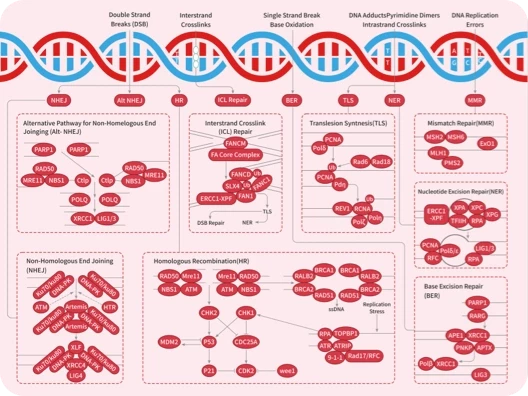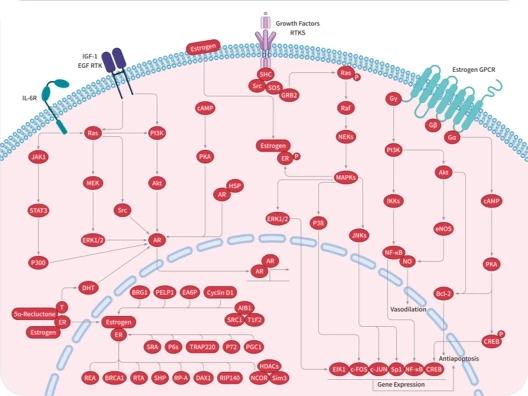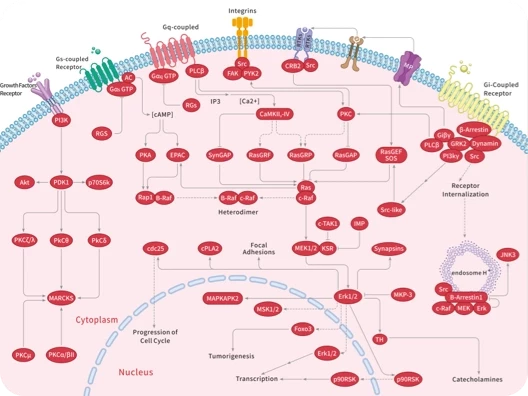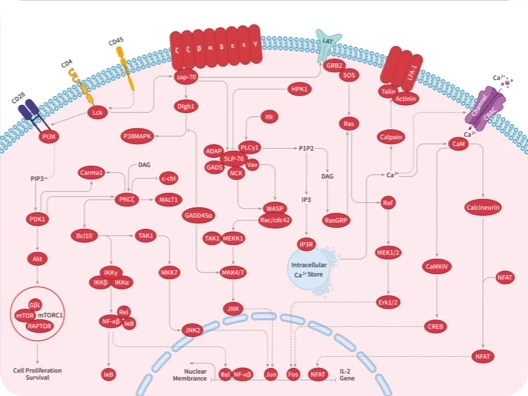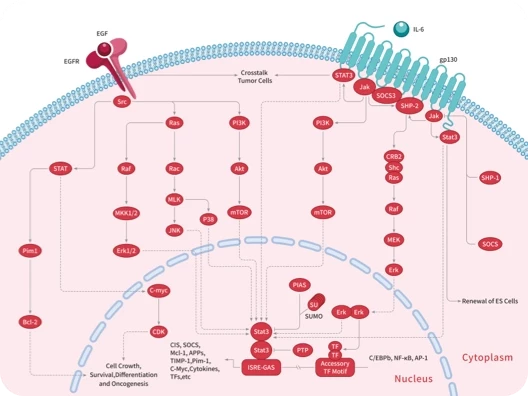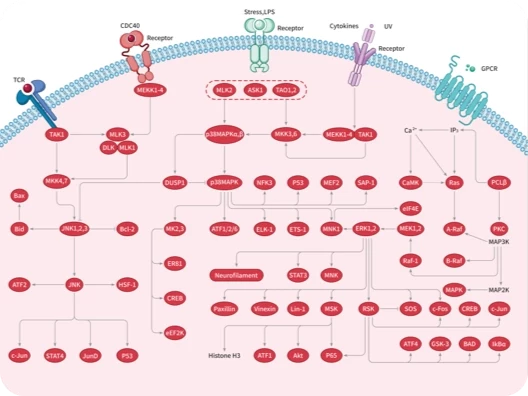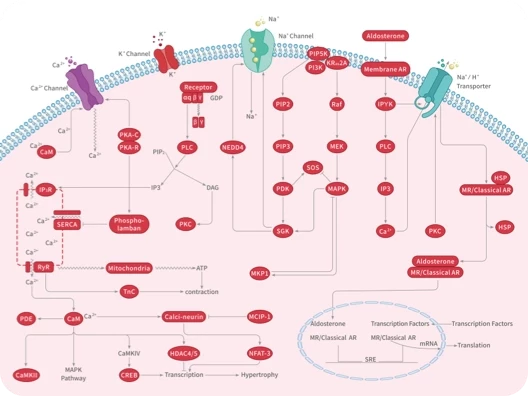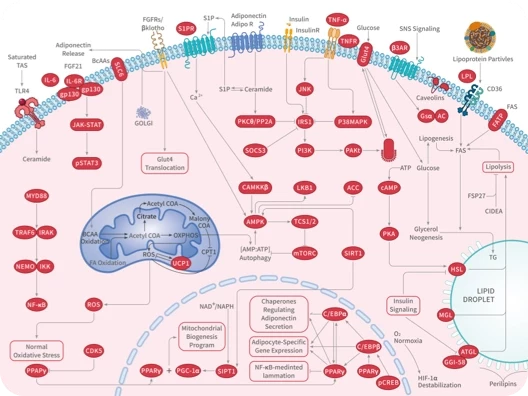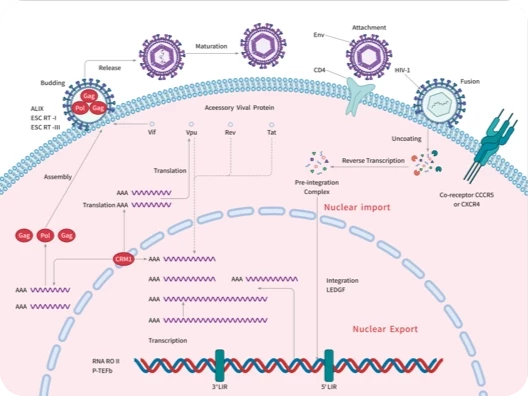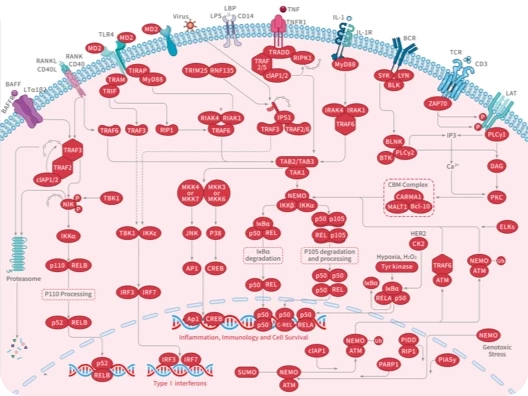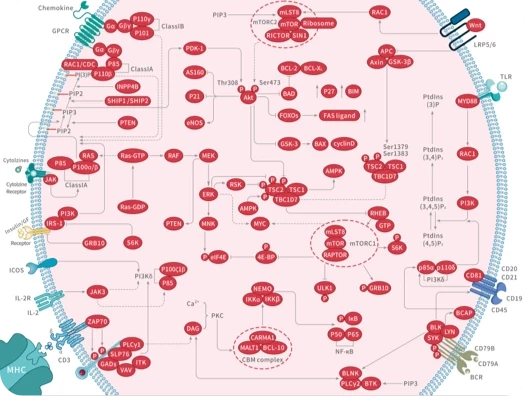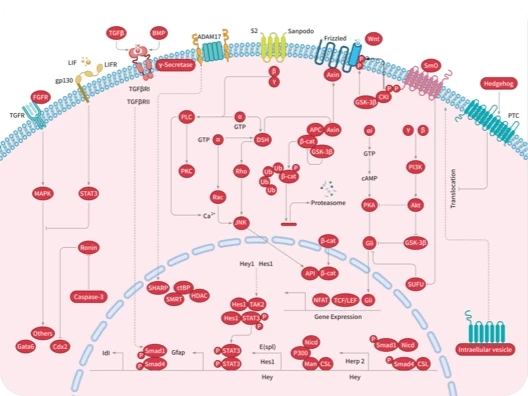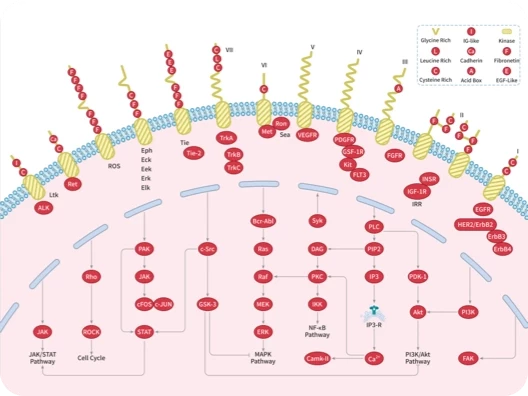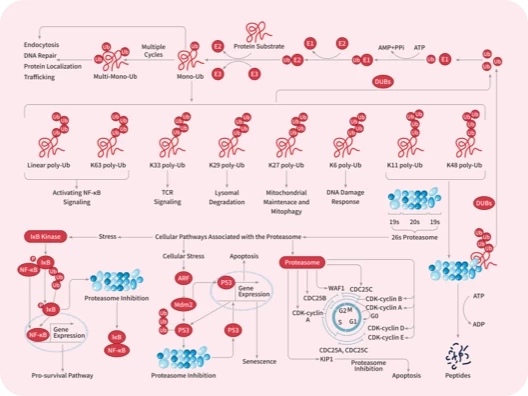- 全部删除
 您的购物车当前为空
您的购物车当前为空
GRO gama/CXCL3 Protein, Mouse, Recombinant (His)
产品编号 TMPY-04703
GRO gama/CXCL3 Protein, Mouse, Recombinant (His) is expressed in yeast with His tag. The predicted molecular weight is 9.3 kDa and the accession number is Q6W5C0.

GRO gama/CXCL3 Protein, Mouse, Recombinant (His)
产品编号 TMPY-04703
GRO gama/CXCL3 Protein, Mouse, Recombinant (His) is expressed in yeast with His tag. The predicted molecular weight is 9.3 kDa and the accession number is Q6W5C0.
| 规格 | 价格 | 库存 | 数量 |
|---|---|---|---|
| 100 μg | ¥ 4,550 | 5日内发货 | |
| 1 mg | ¥ 25,900 | 5日内发货 |
大包装 & 定制
加入购物车
TargetMol 的所有产品仅用作科学研究或药证申报,不能被用于人体,我们不向个人提供产品和服务。请您遵守承诺用途,不得违反法律法规规定用于任何其他用途。
资源下载
产品信息
| 生物活性 | Activity testing is in progress. It is theoretically active, but we cannot guarantee it. If you require protein activity, we recommend choosing the eukaryotic expression version first. |
| 产品描述 | GRO gama/CXCL3 Protein, Mouse, Recombinant (His) is expressed in yeast with His tag. The predicted molecular weight is 9.3 kDa and the accession number is Q6W5C0. |
| 种属 | Mouse |
| 表达系统 | P. pastoris (Yeast) |
| 标签 | C-His |
| 蛋白编号 | Q6W5C0 |
| 别名 | GRO γ,Gm1960,Dcip1,chemokine (C-X-C motif) ligand 3 |
| 蛋白构建 | A DNA sequence encoding the mouse Cxcl3 (NP_976065.1) (Ala28-Ser100) was expressed with a polyhistidine tag at the C-terminus. Predicted N terminal: Ala 28 |
| 蛋白纯度 | > 95 % as determined by SDS-PAGE. |
| 分子量 | 9.3 kDa (predicted) |
| 内毒素 | Please contact us for more information. |
| 缓冲液 | Supplied as sterile PBS, 50% Glycerol, pH 7.4. |
| 复溶方法 | A Certificate of Analysis (CoA) containing reconstitution instructions is included with the products. Please refer to the CoA for detailed information. |
| 存储 | It is recommended to store the product under sterile conditions at -20°C to -80°C. Samples are stable for up to 12 months. Please avoid multiple freeze-thaw cycles and store products in aliquots. |
| 运输方式 | In general, Lyophilized powders are shipping with blue ice. Solutions are shipping with dry ice. |
| 研究背景 | CXCL3 is involved in migration, invasion, proliferation and tubule formation of trophoblasts and may play a key role in the pathogenesis of preeclampsia. CXCL3 autocrine/paracrine pathways are involved in the development of prostate cancer by regulating the expression of the target genes that are related to the progression of malignancies. CXCL3 is a novel adipokine that facilitates adipogenesis in an autocrine and/or a paracrine manner through induction of c/ebpb and c/ebpd. CXCL3 and its receptor CXCR2 are overexpressed in prostate cancer cells, prostate epithelial cells and prostate cancer tissues, which may play multiple roles in prostate cancer progression and metastasis. |
计算器
SCI 文献
技术支持
请阅读 重组蛋白用户指南 了解更多具体信息.










